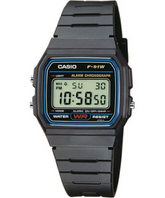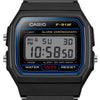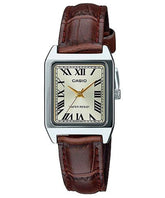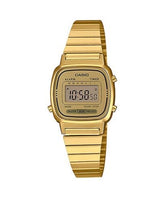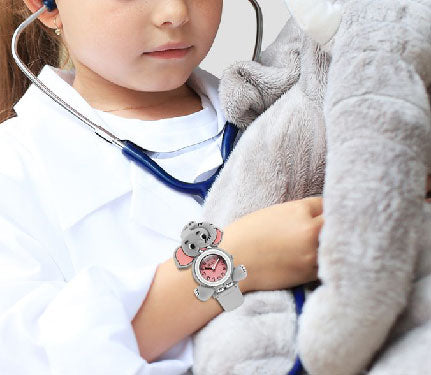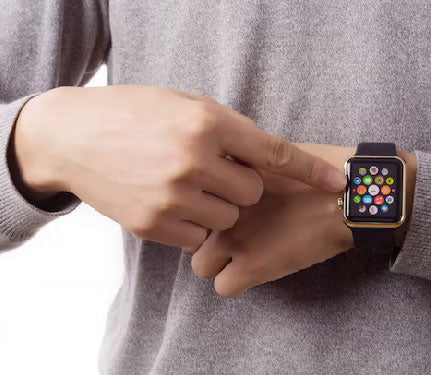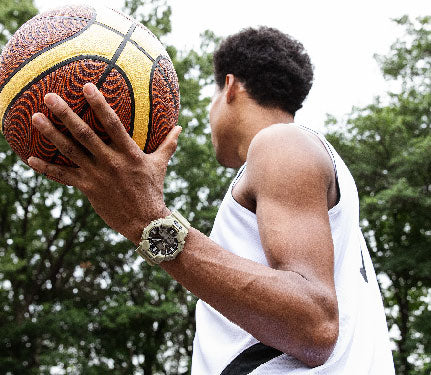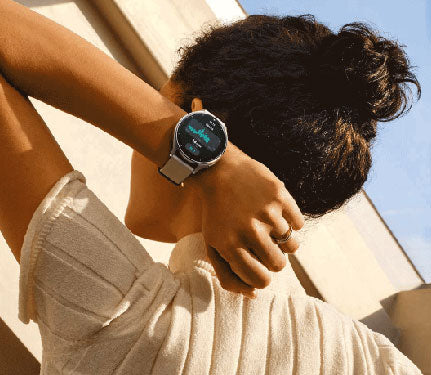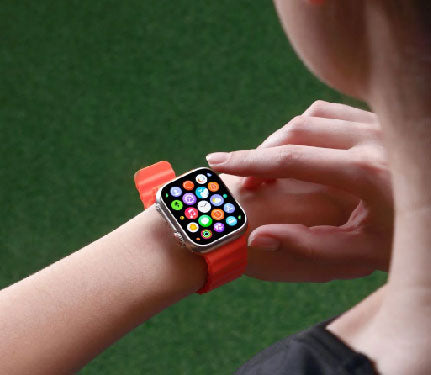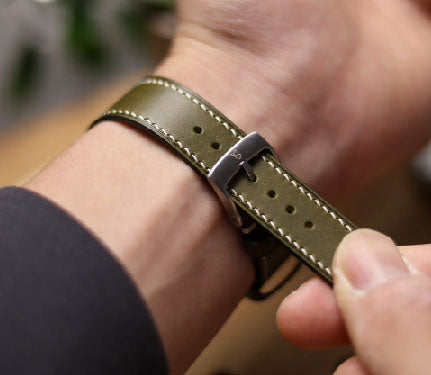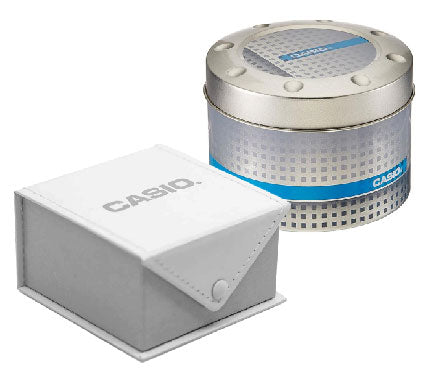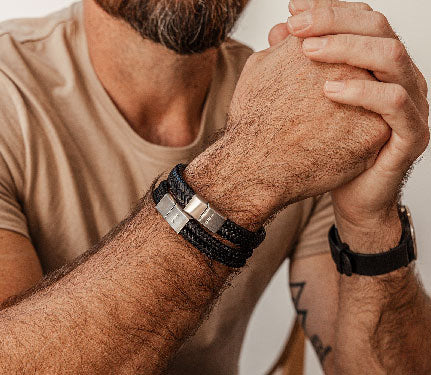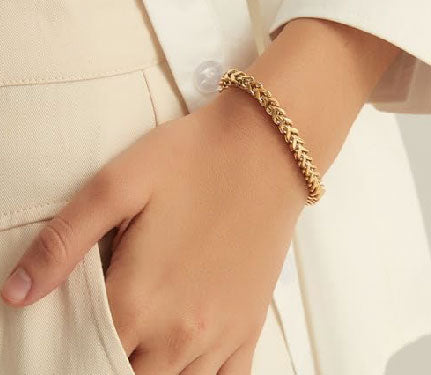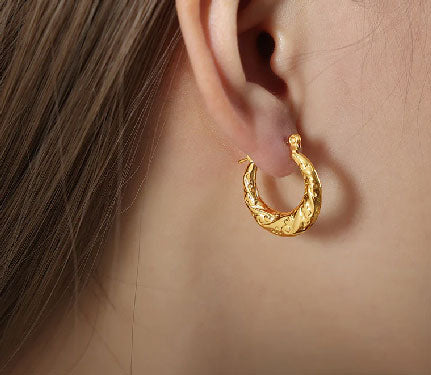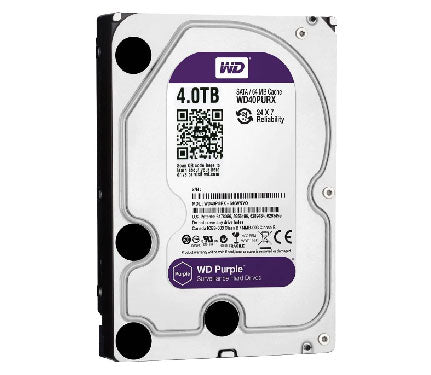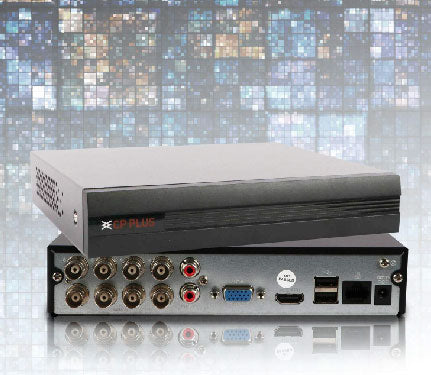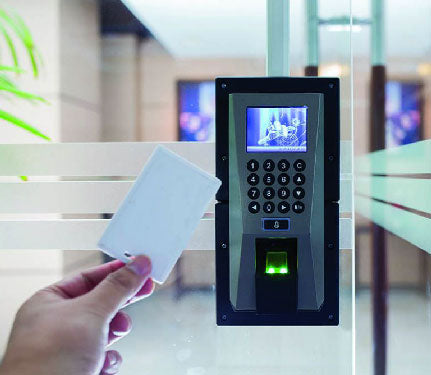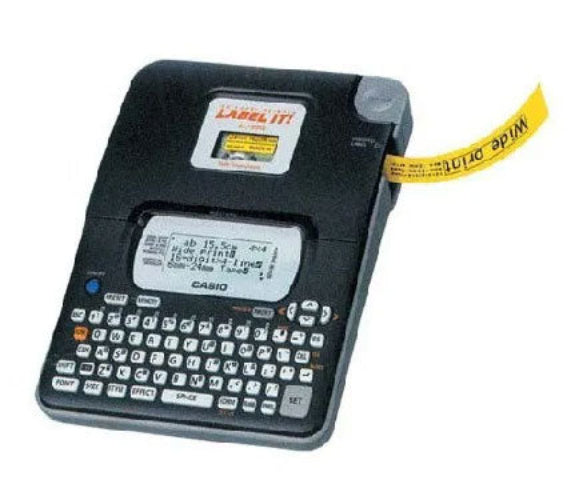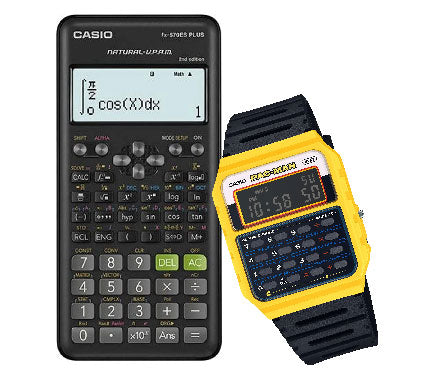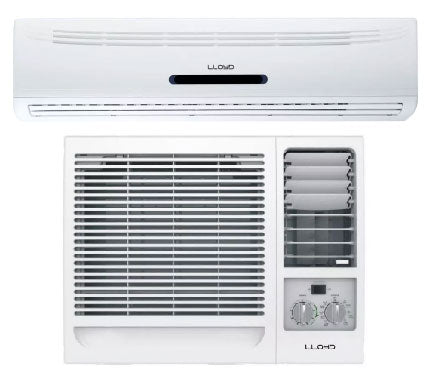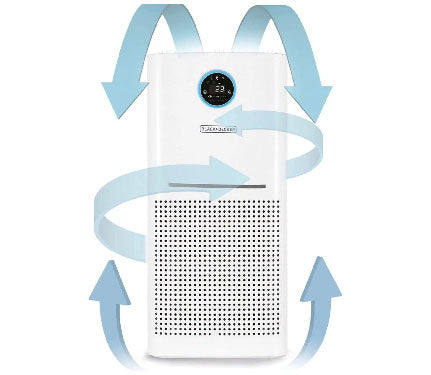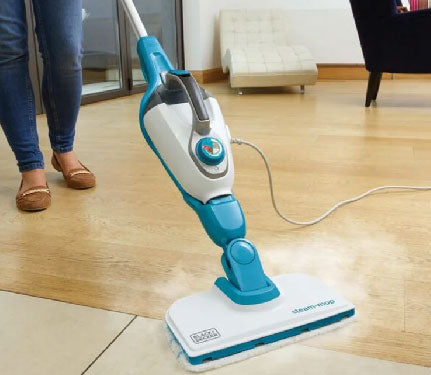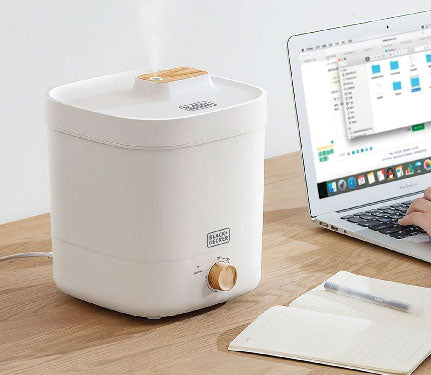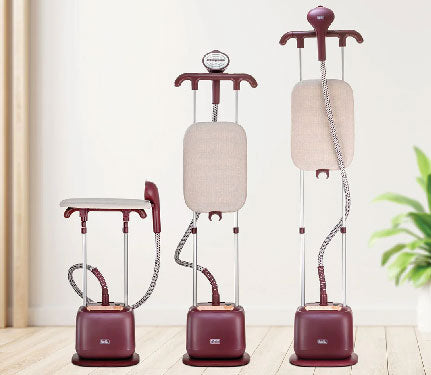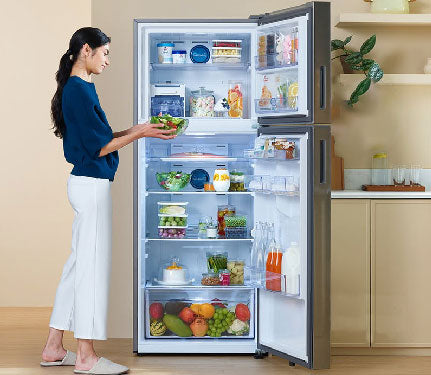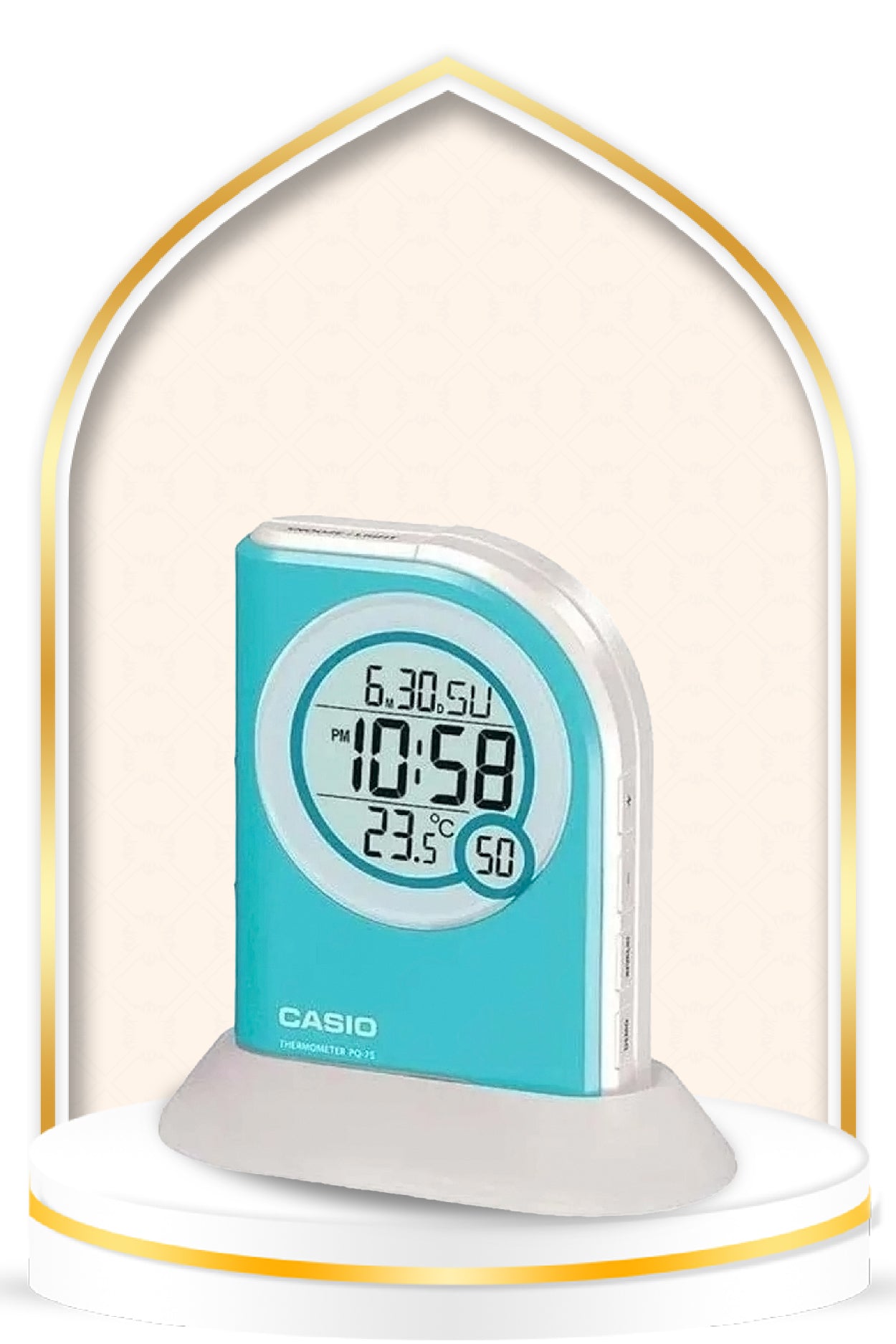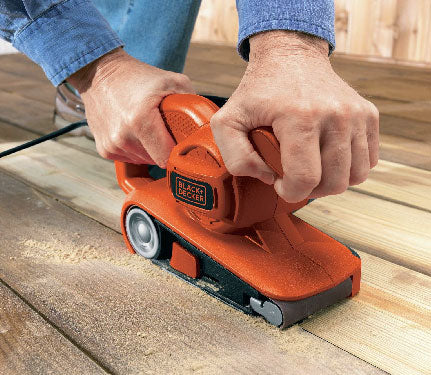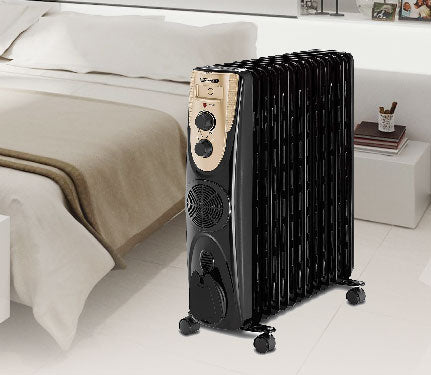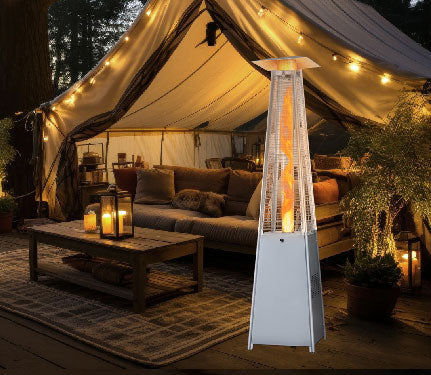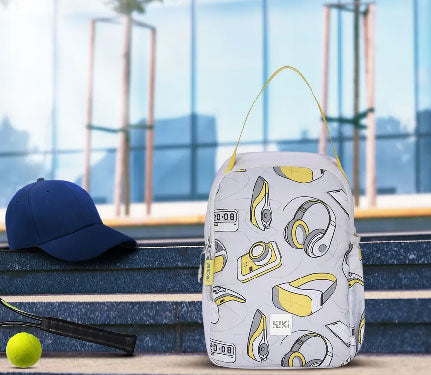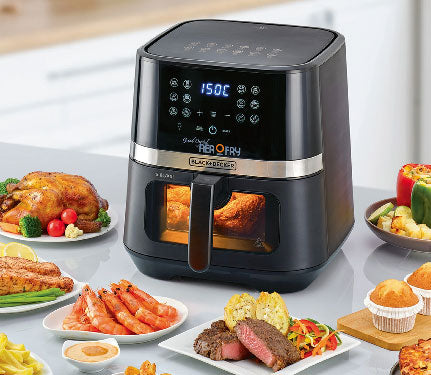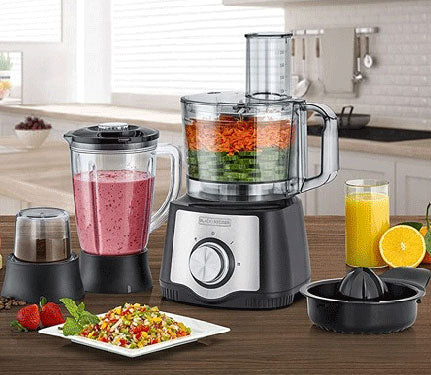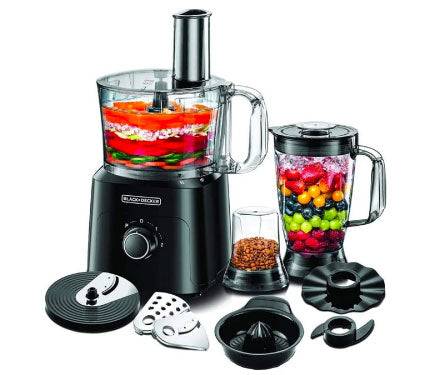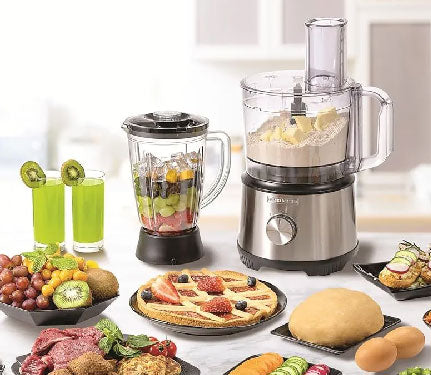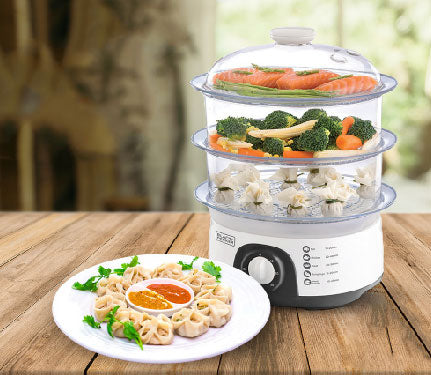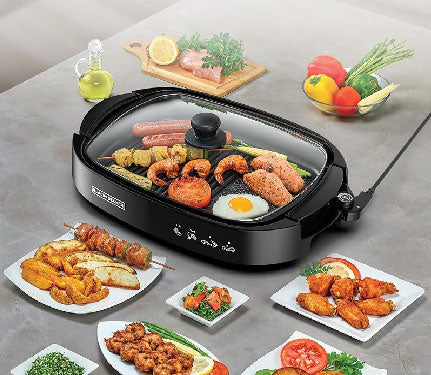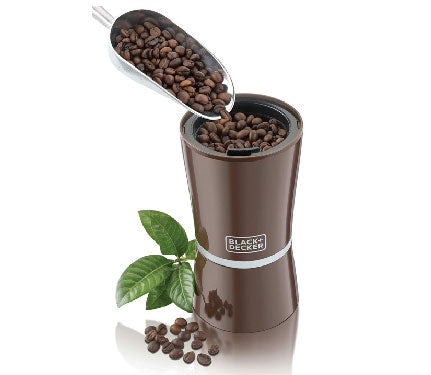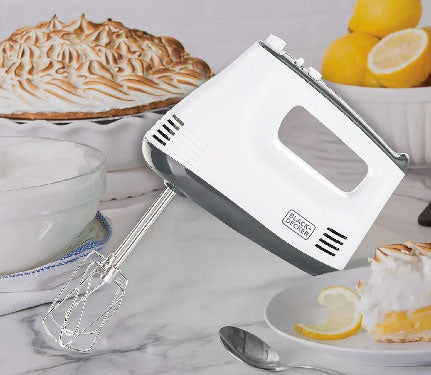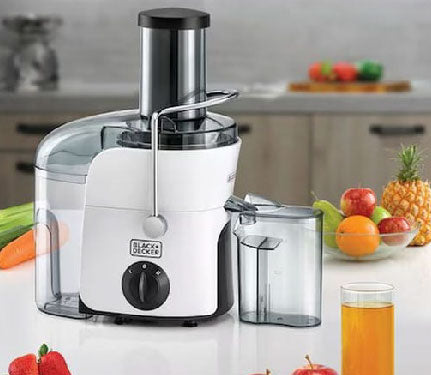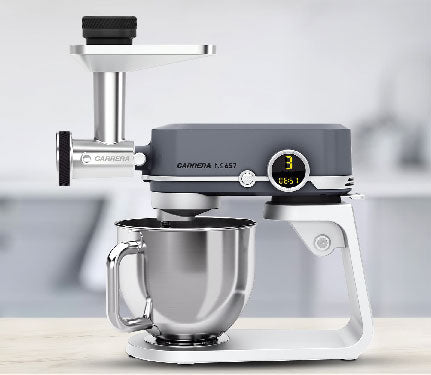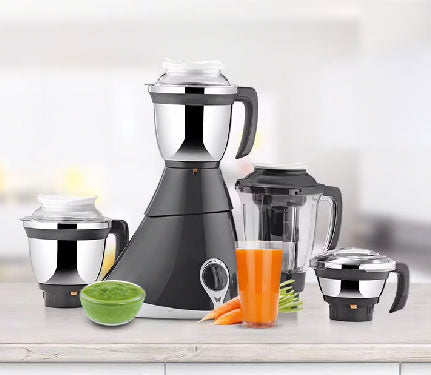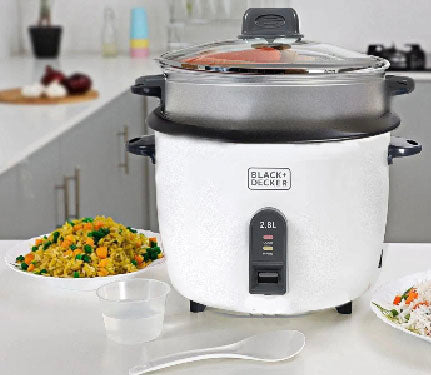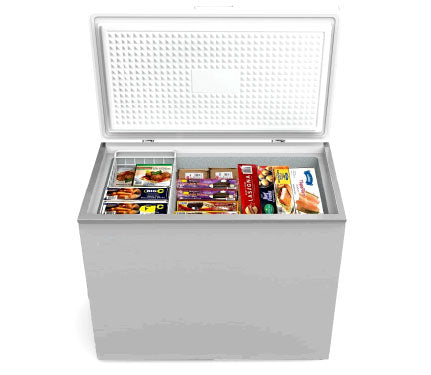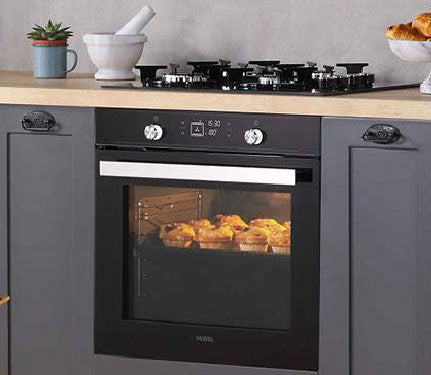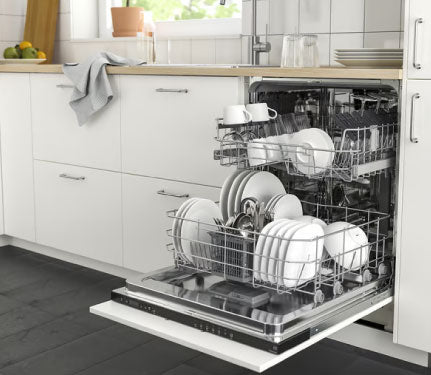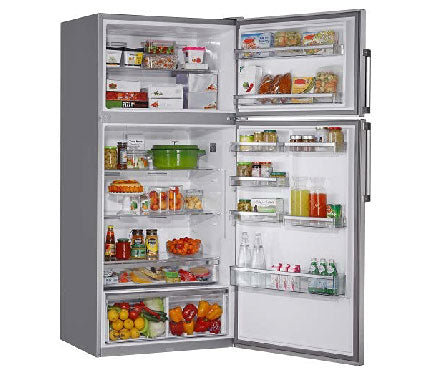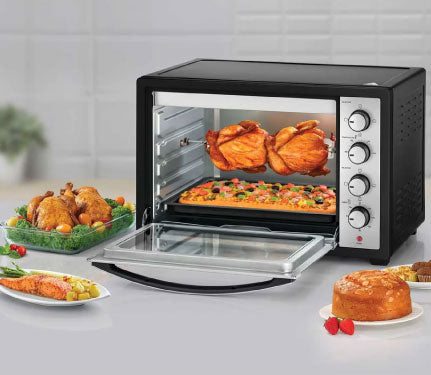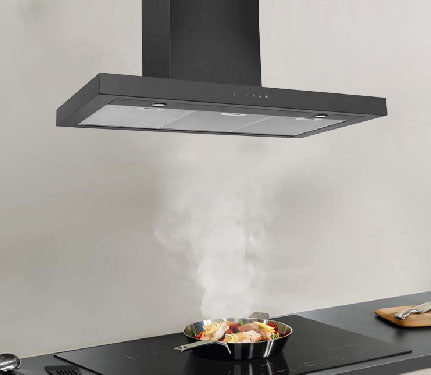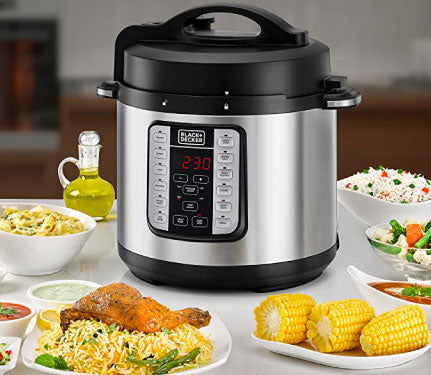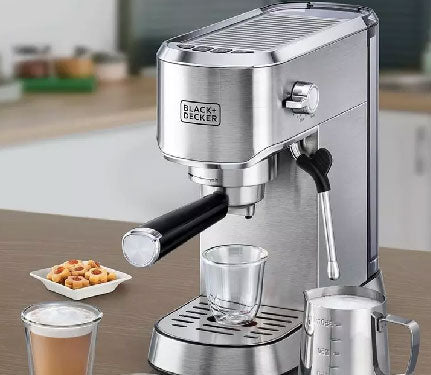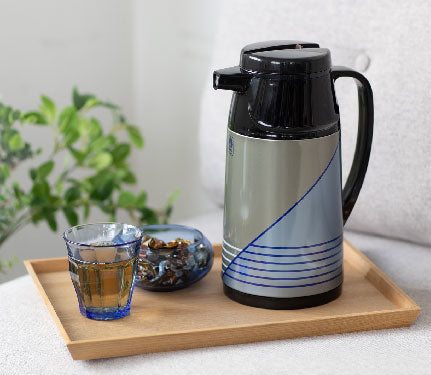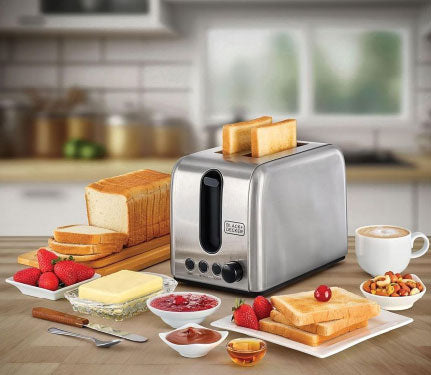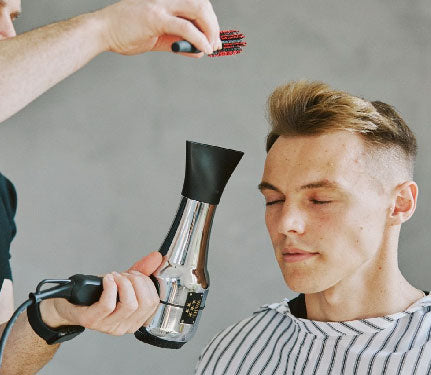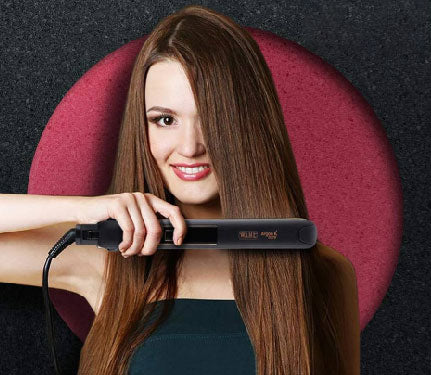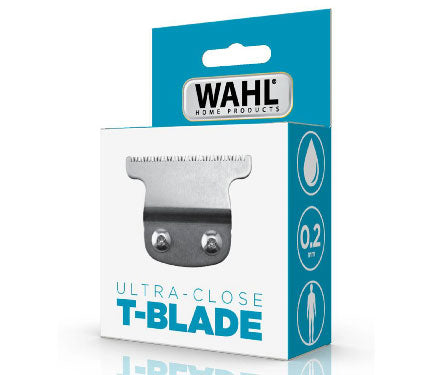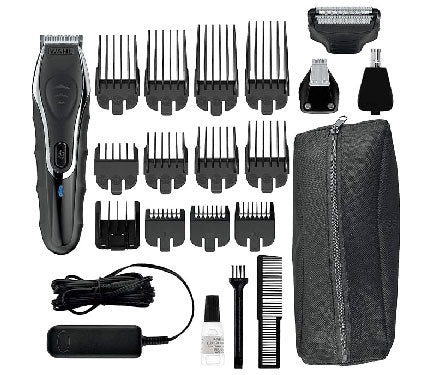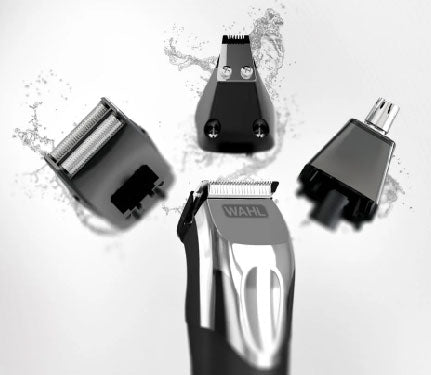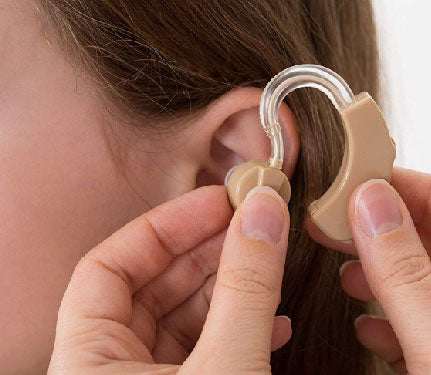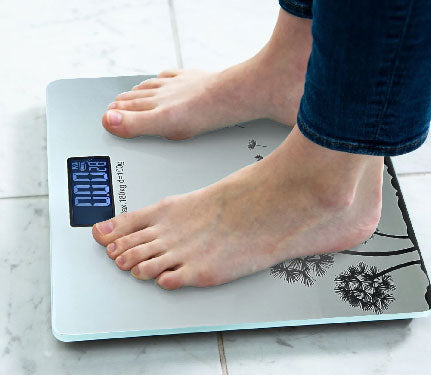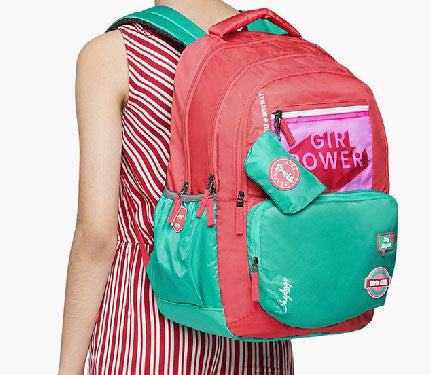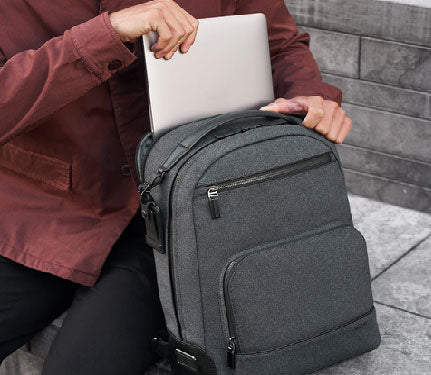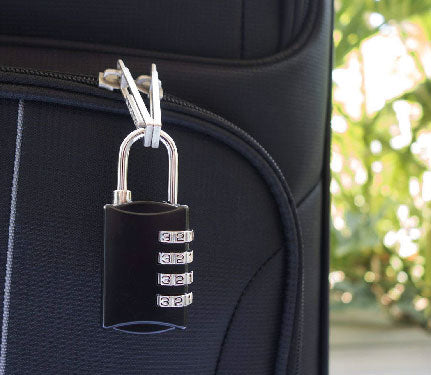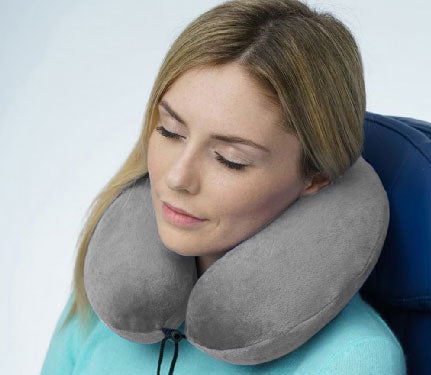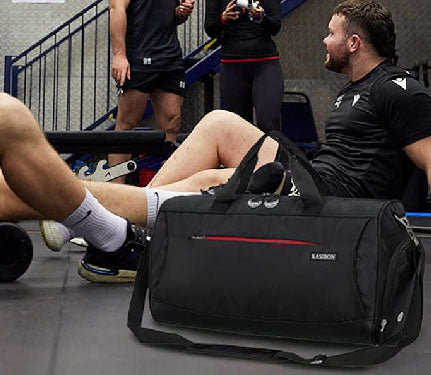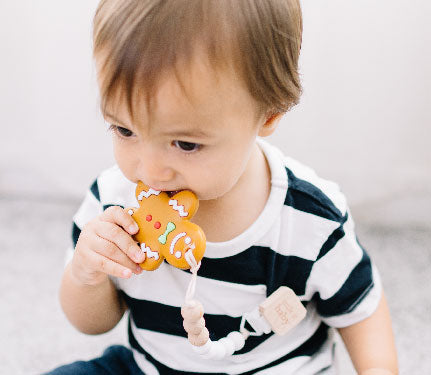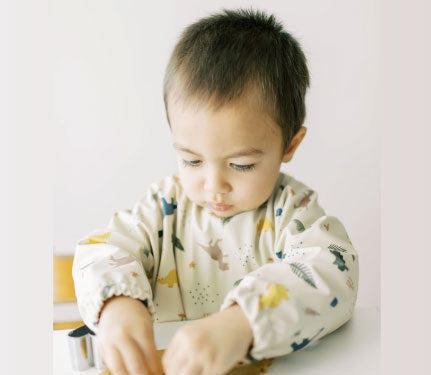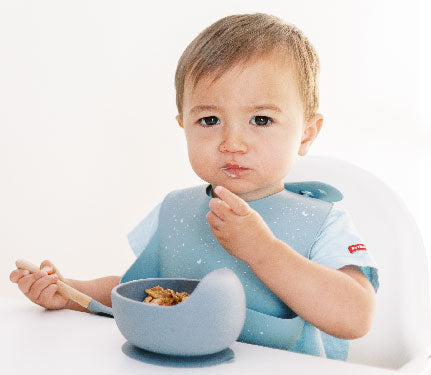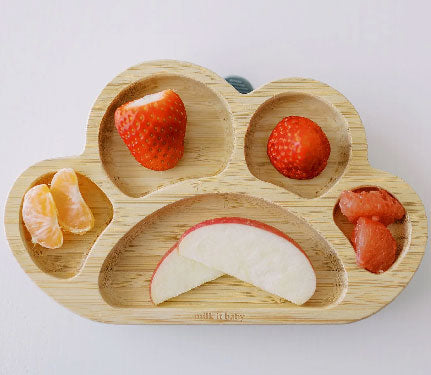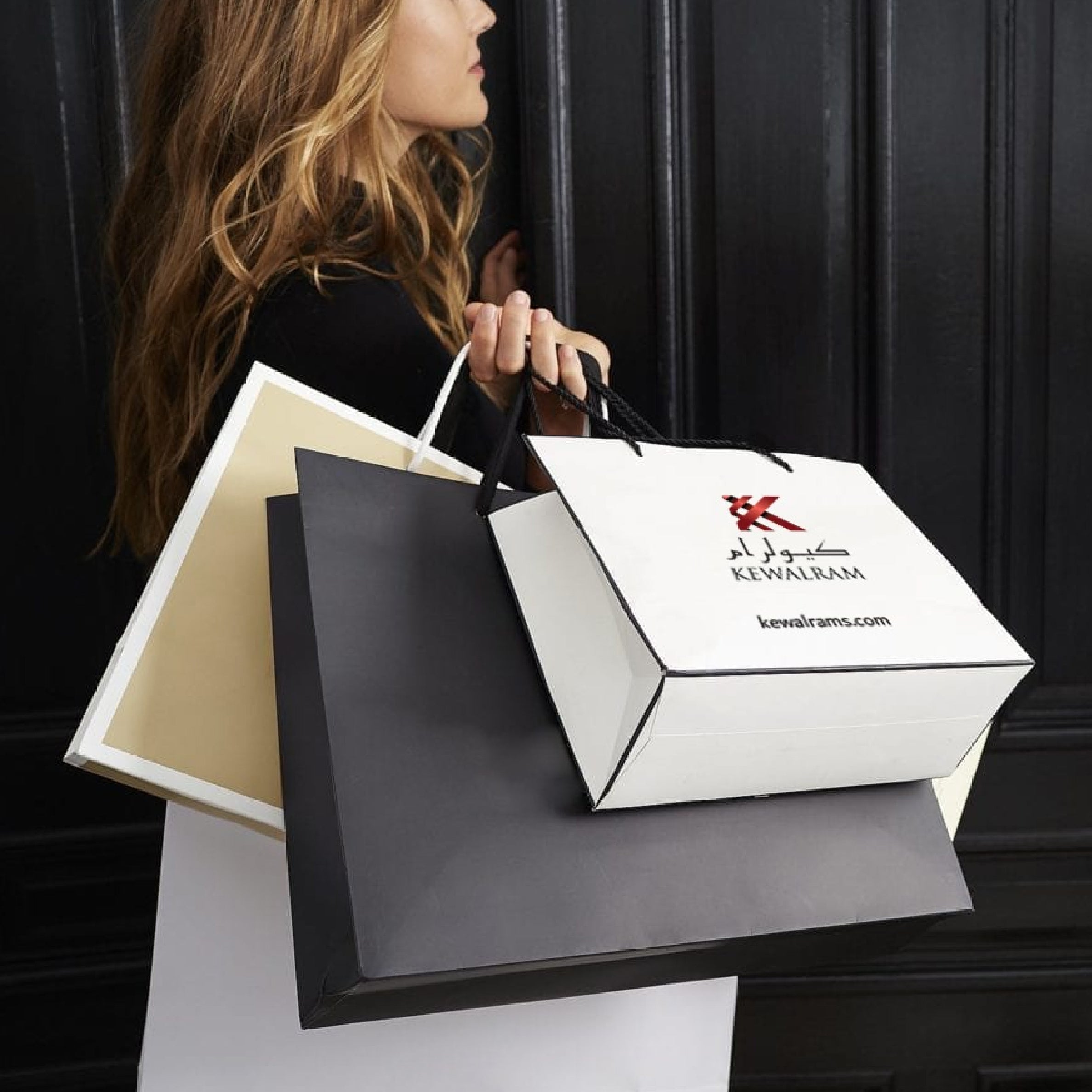Teaching Your Baby to Self-Feed: Embracing the Mess

When it comes to feeding our babies we often focus on what foods to give them. But equally important is how they eat. Teaching your baby to self-feed from an early age can have numerous benefits for their development. In this article, we’ll help you explore the advantages of letting your baby feed themselves .
The Importance of Self-Feeding Skills
• Building Independence
Even though they may be small, babies have a strong desire to be taken seriously and show control over their own actions. Allowing them to pick up food, drink from a cup, and manipulate utensils, gives them the opportunity to explore the process of eating.
• Developing Fine Motor Skills
Self-feeding is an excellent way for babies to develop their fine motor skills. Scooping food with their whole hand, using the pincer grip, and practicing with spoons and forks help refine their muscle control and coordination. These skills will continue to improve over time, setting the foundation for their future abilities.
• Monitoring Their Own Needs
By self-feeding, babies begin to realise their own hunger cues and learn to stop eating once they’re full, reducing the risk of overeating. They also develop an understanding of portion sizes and chewing times, which helps them regulate their food intake. This early awareness of their own needs lays the groundwork for healthy eating habits later in life.
• Sensory Play and Exploration
Mealtimes provide babies with an opportunity for sensory play and exploration. By touching, feeling, squishing, and mashing different textures of food, they engage their senses and learn about the world around them. This sensory-rich experience is not only enjoyable for babies but also crucial for their overall development.
• Oral Motor Development
When babies feed themselves, they naturally engage in oral motor activities that promote the development of their mouth muscles and coordination. They learn how to open their mouths wide enough for spoons, close their lips to clean food off utensils, and coordinate their tongue and jaw movements for effective chewing and swallowing.
Practical Tips for Teaching Self-Feeding
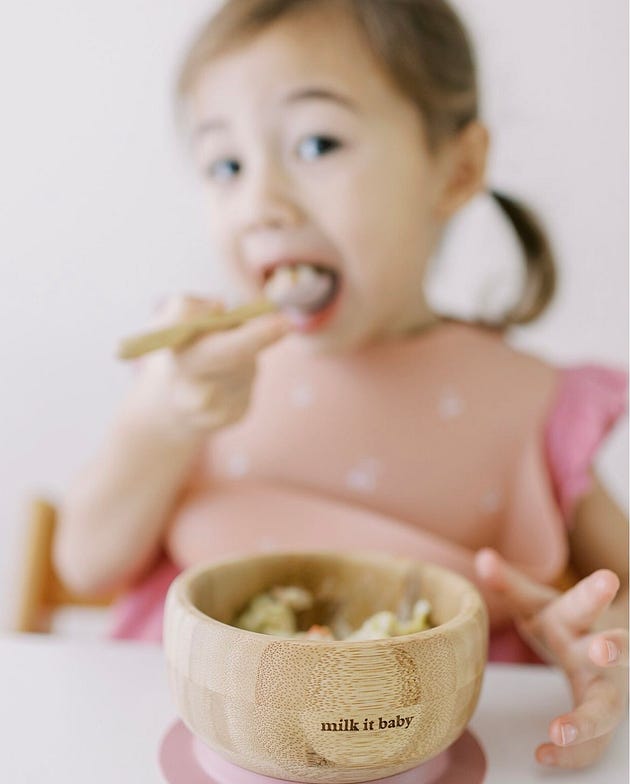
Introducing Finger Foods
● Pinch and Hand Off: Pinch the food and let your baby bring your fingers to their mouth.
● Guided Grasping: Hold the food and let your baby grasp it from your fingers, encouraging the use of their pincer grip.
● Independent Attempts: Place small bites of food on a surface in front of your baby and allow them to independently try to pick it up.
Over time, you’ll notice your baby’s progress as they transition from a raking grasp to a pincer grasp, showing improved coordination and dexterity.
Encouraging Spoon Use
Teaching your baby to use a spoon can begin as early as their first meal. Start by offering them a baby-safe spoon and allowing them to explore it. As they become more comfortable, you can guide their hand movements to scoop
food and bring it to their mouth. Embrace the mess and be patient as they learn this new skill.
Transitioning to Open Cups
Start with a small cup with two handles or a tiny cup without handles to allow your baby to learn how to drink from an open cup. This helps them refine their jaw stability, neck control, and bilateral coordination while drinking.
Self-feeding can be messy, but it’s important to embrace the mess for the developmental benefits it offers. Use bibs or smocks, keep a damp washcloth, and consider using easy-to-clean playmat to minimize the mess.
While it may take extra time and effort, the rewards in your baby’s development and independence are well worth it. You can support your baby’s growth and development while building a positive relationship with food. Remember, each baby develops at their own pace, so be patient and enjoy this exciting milestone together.
Milk it Baby has a number of beautiful, aesthetically pleasing, and functional options when it comes to playmats, bibs, utensils and more. If you’re looking to start your baby on their self-feeding journey, shop Milk It Baby silicone bib and bowl sets or the eco-friendly bamboo tableware and tag us.
